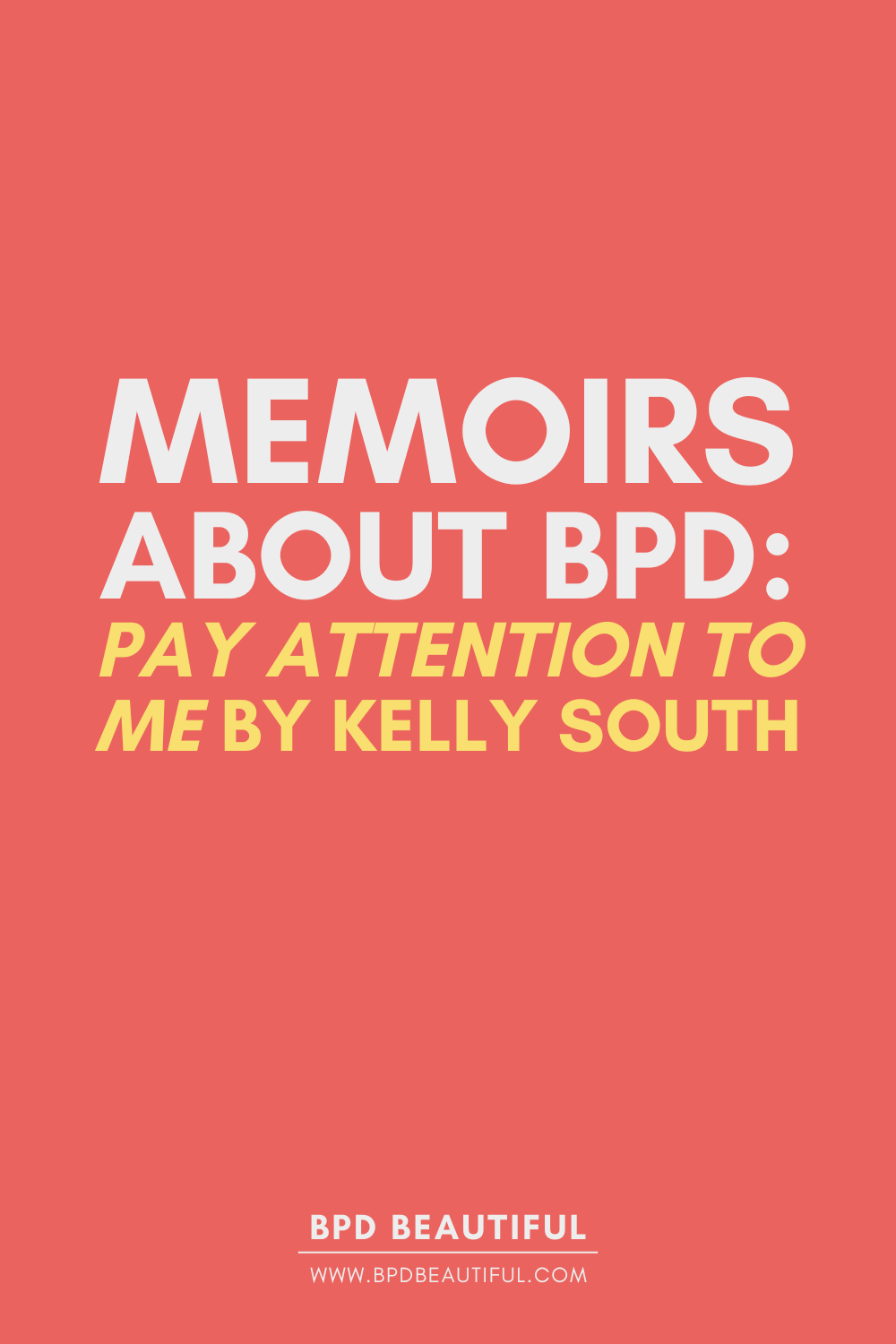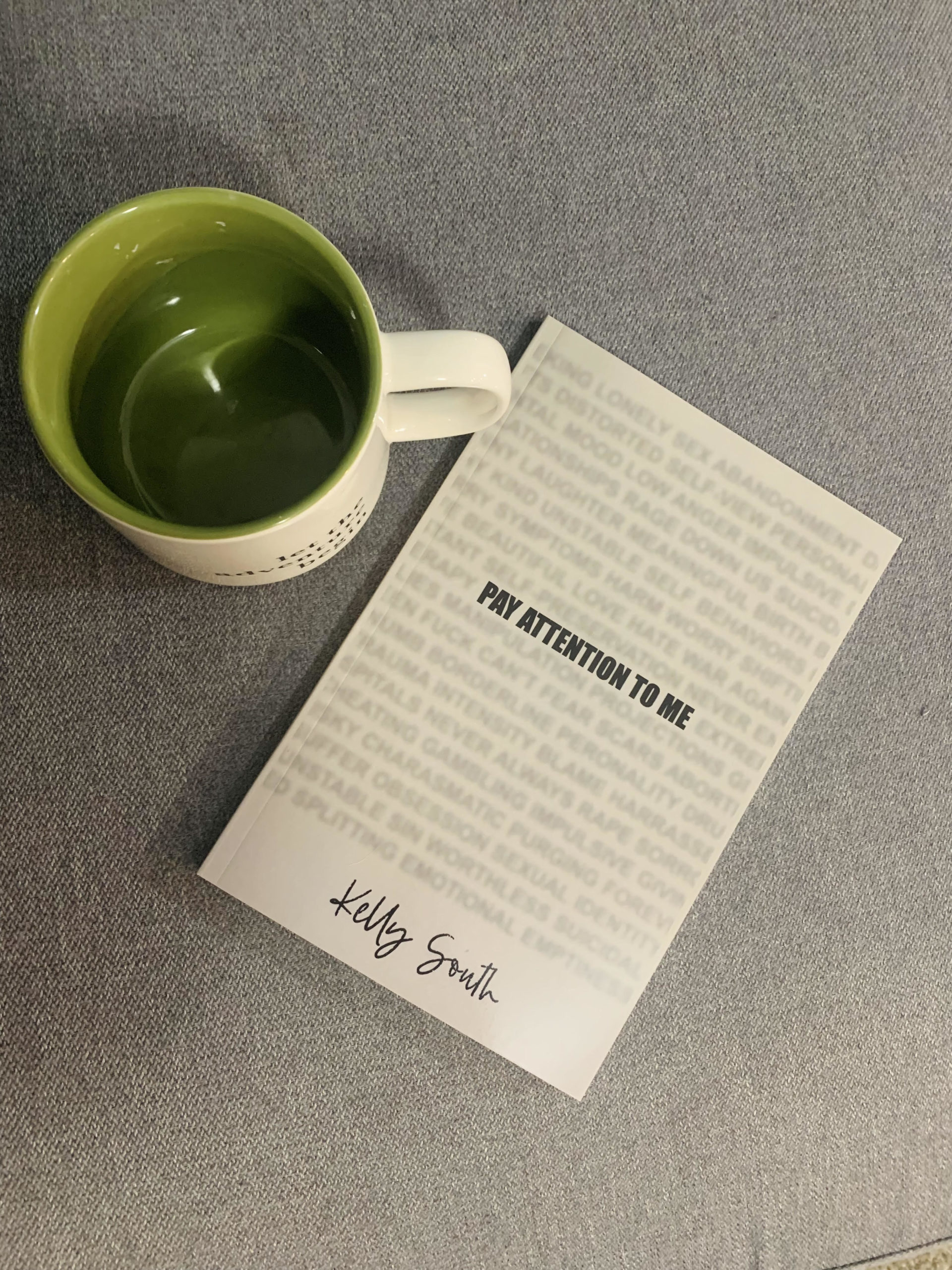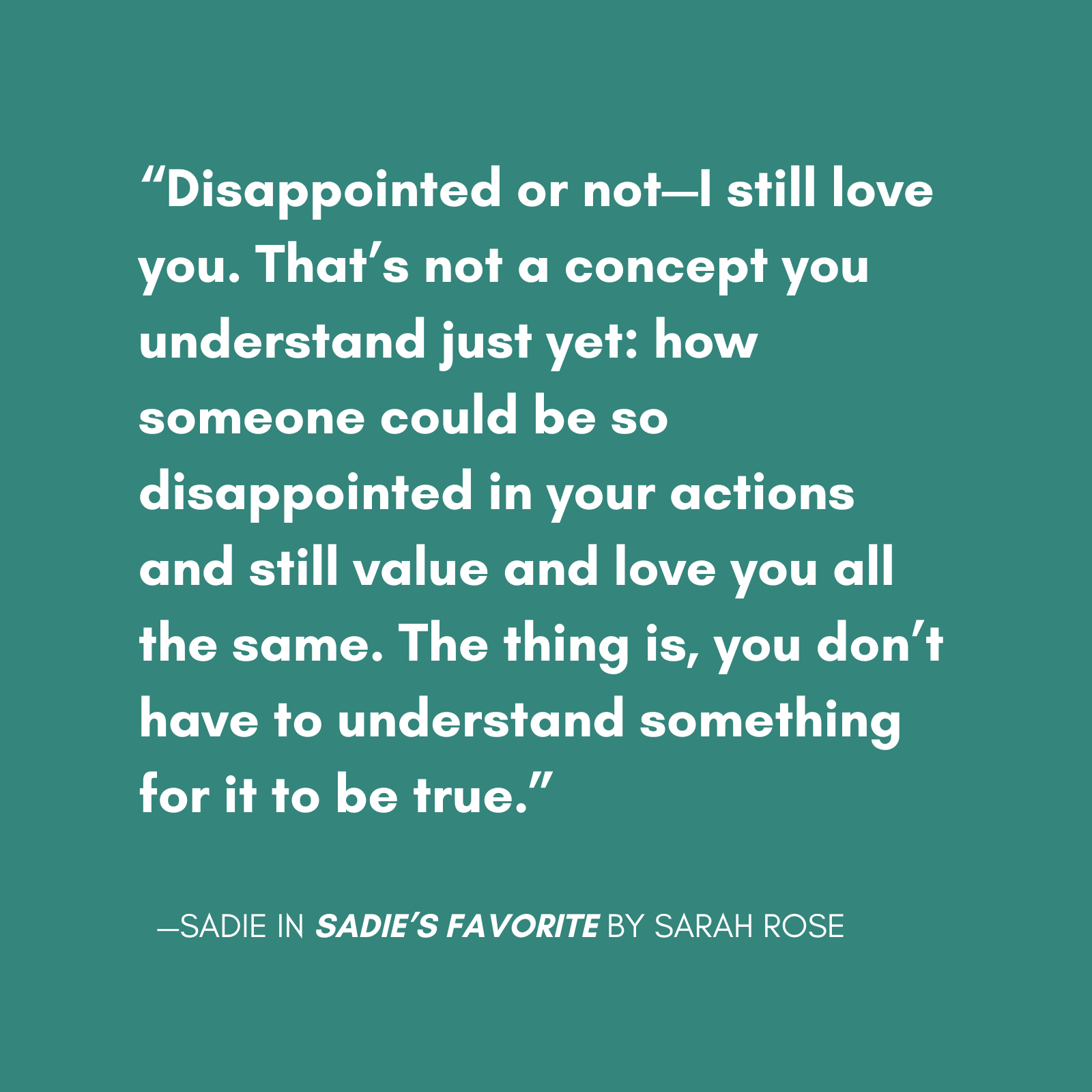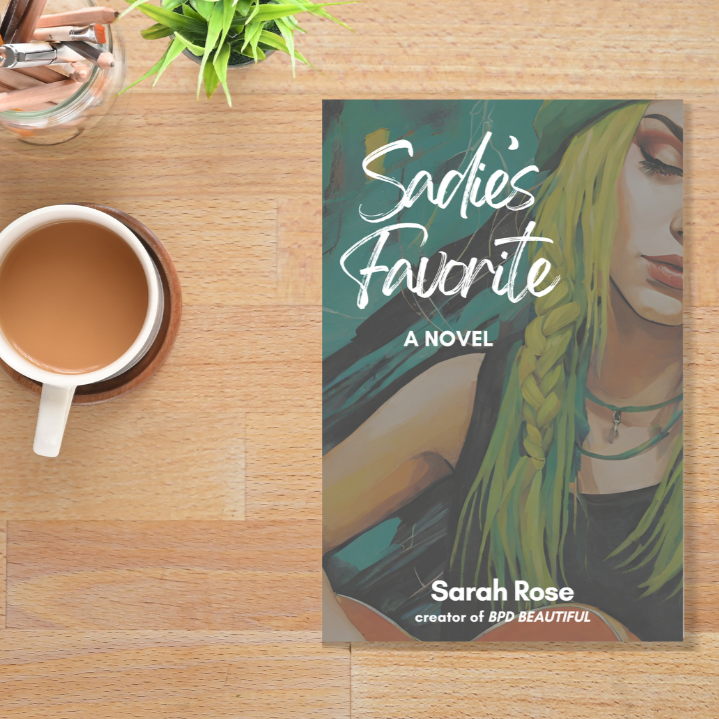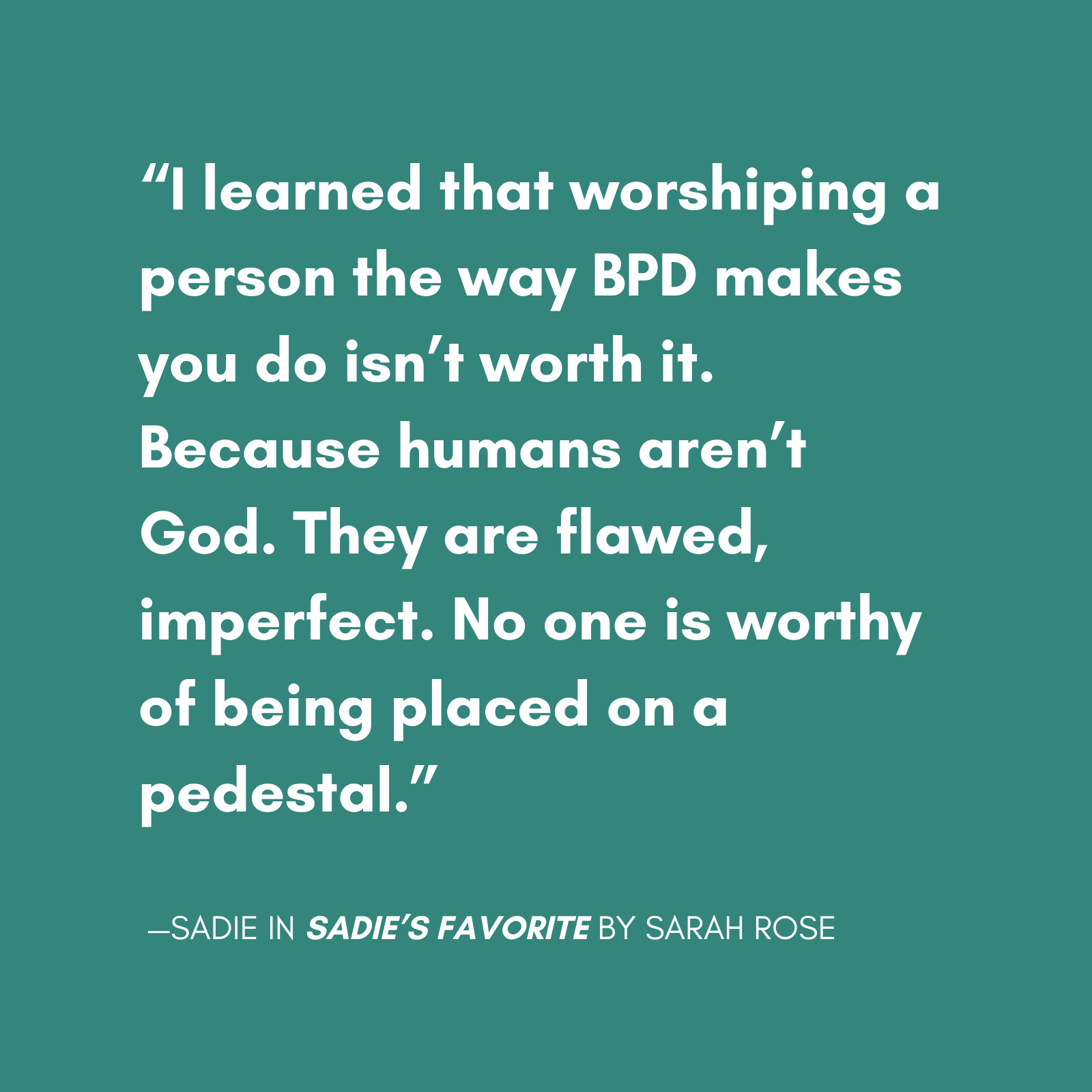Trigger Warning: interpersonal conflict, bpd episode, patient notes from therapist
Memoirs about BPD: Kelly South’s Story
Looking for books about BPD? Keep reading! Living with BPD, or borderline personality disorder, can be a difficult journey—but remission is possible. You can learn to manage BPD symptoms with the right tools, support system, perseverance and patience for both yourself and the recovery process. This post is proof that there’s hope. Today, we’ll hear from Kelly South who has just recently published a memoir about BPD called Pay Attention to Me: A fairly accurate story.
Kelly has been through the process of treating BPD (she’s currently in remission!) and understands first-hand how challenging it can be. In this Q+A, she shares advice for those in the beginning stages of BPD treatment as well as what she’s learned about herself throughout her journey. And of course, we’ll hear about her new book PLUS you’ll get to read an excerpt at the end!
(BTW — if you’re looking for books about BPD, consider getting a copy of Pay Attention to Me: A fairly accurate story on Amazon. It’s a great read and you won’t regret it!)
Before we dive in, here’s a quick summary.
Books About BPD: Pay Attention to Me Summary
Written to invite people into her therapy sessions, Kelly gives a raw and honest look inside the mind of a patient with Borderline Personality Disorder as she navigates her diagnosis with her therapist.
It’s January 2017 when Kelly survives her fourth suicide attempt. Her life has been a roller coaster of emotions, fueled by the inability to stop the things going on inside her head. As part of her release, she’s required to seek outpatient care—therapy.
And then she finds Robin.
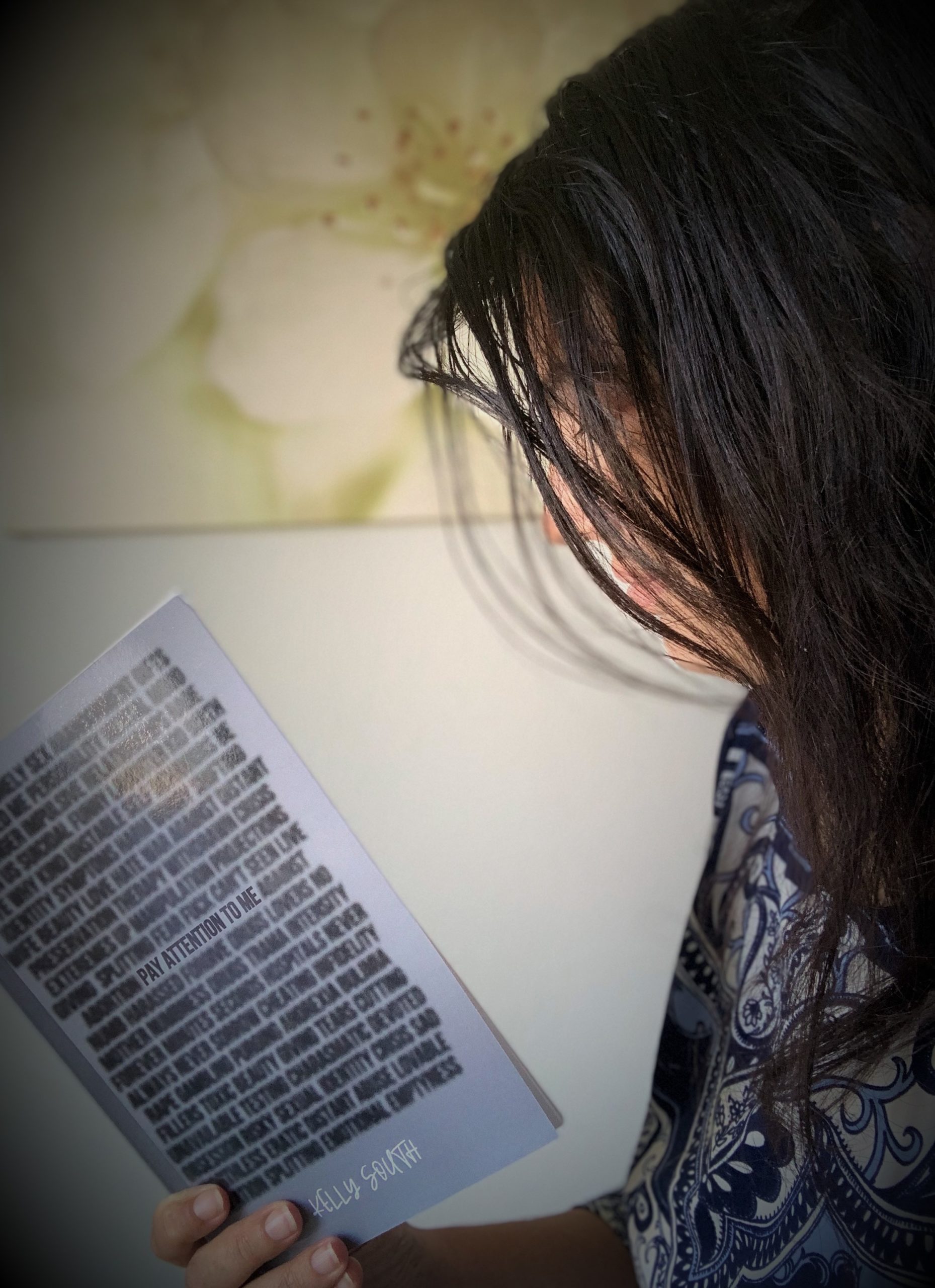
Over three years, Kelly and her therapist Robin work together to uncover and address the causes and her symptoms of Borderline Personality Disorder: sex as validation, glorification of negative symptoms, craving the extraordinary, grandiose thinking… Her healing is never a straight line—sometimes she relapses, sometimes she wants to quit therapy altogether…and sometimes she achieves small wins.
Pay Attention to Me: A Fairly Accurate Story is an examination of Borderline Personality Disorder, told through journal entries alongside patient notes. It’s a memoir of finding balance and hope in the face of BPD. For anyone affected by this insufferable disease, Pay Attention to Me is not to be missed.
Without further ado, here’s our Q+A with author and fellow BPD warrior (in remission) Kelly South.
Finish this sentence. “It wouldn’t be BPD without…”
Pain. The pain that comes from getting better or staying the same.
Your memoir about BPD, Pay Attention to Me: A Fairly Accurate Story, is now available on Amazon. It’s an examination of borderline personality disorder told through journal entries and patient notes from 2017. While you were writing the journal entries, did you think they would be published into a memoir some day or did the idea come after the fact?
The idea came after the fact. Once I was in remission, I went back and took a look at my journals. I took a look at how they started and how they ended and I thought, maybe my story could help someone else. I knew I was not the only one with these feelings and subsequently, these poor coping mechanisms.
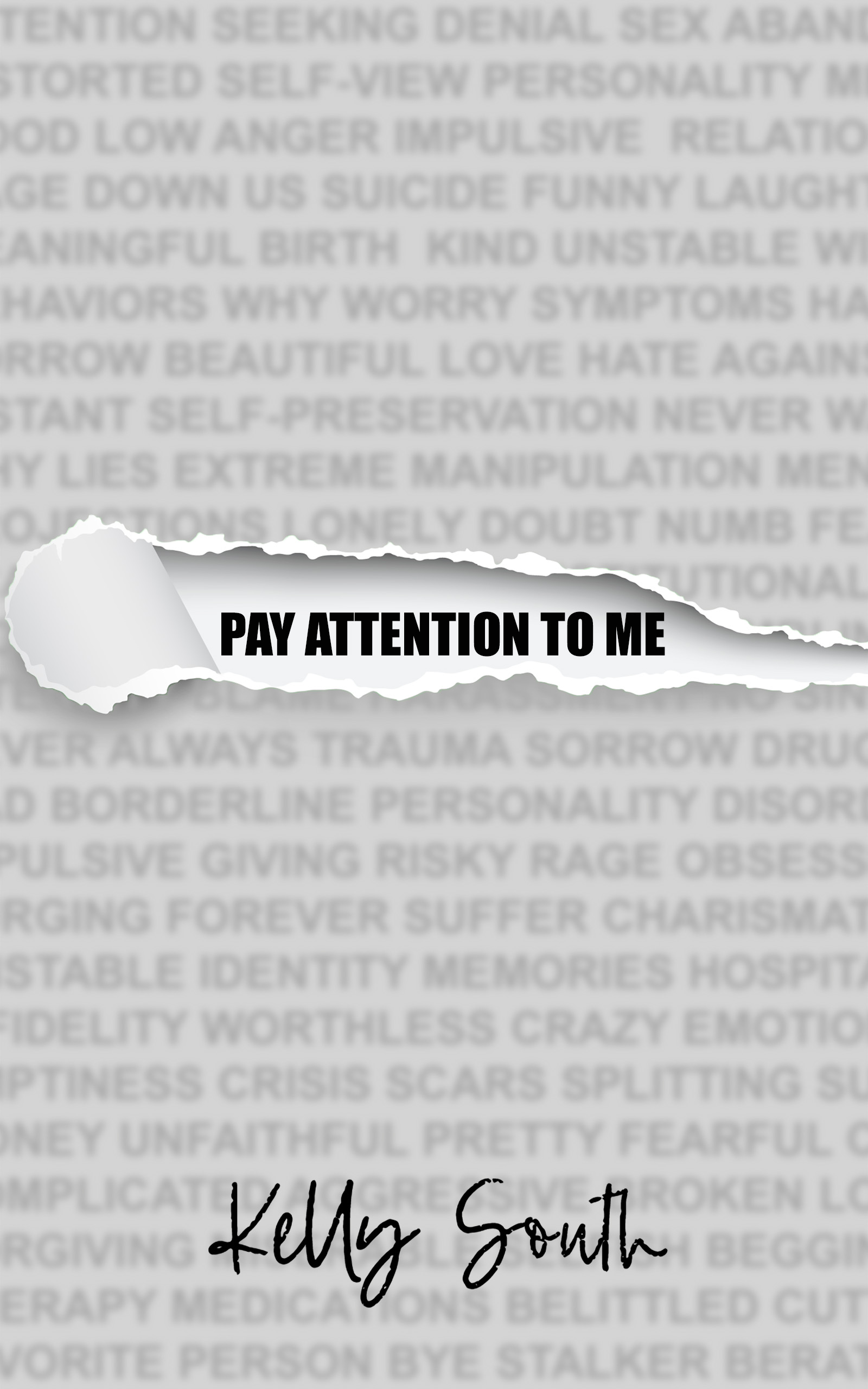
What was your editing process like? How’d you decide what material to use and what material to leave out?
Long, very long. I had several hundred journal entries.. Most of them were repetitive. I would get stuck for months on the narrative that my husband didn’t love me because he wouldn’t take off his shoes after I mopped. It really wasn’t about the shoes, but nevertheless I would journal about it for weeks. Ultimately, I thought about the sessions and entries that had the most impact on my journey and recovery and chose to include those.
I felt if I included all the entries, it would become really repetitive and not retain the reader’s attention. I knew I could not see the value in reading about shoes for 6 consecutive sessions and if my readers were anything like me, I wanted to move through it. Therapy for me was getting stuck, progressing, regressing and starting again. I wanted the book to reflect that.
You’re now in remission from BPD and no longer meet the diagnostic criteria. That’s a huge accomplishment! How has your day to day life and thought processes changed since going into remission?
I am not emotionally and physically drained every day. My relationships are no longer dysfunctional. I see things for what they are, not what they could be or what I wish they were. This allows me to be present in the “what is” versus the “what if’s”. “What if’s” were a catalyst for my emotions.
Realistically, how hard was it to reach remission and how long did it take?
It was the hardest thing I have ever done. It took over three years before I finally had the consistency in my behaviors to not meet criteria. I work at it every day. Some days are easier than others.
“READING [SADIE’S FAVORITE] IS AN EMOTIONAL ROLLERCOASTER.” -BETA READER
Sadie’s Favorite by BPD Beautiful creator Sarah Rose is a novel that tells the story of a girl lost, a woman recovered and the trauma in between.
In hindsight, was there anything in particular during treatment that really helped you get on a path to success? What was your editing process like? How’d you decide what material to use and what material to leave out?
For me, my therapist was the heart of the process. Her timing was everything. She did not jump right in with, “this is what it is and this is what you need to do”. She built a relationship with me so to speak. Had she jumped right in with workbooks and skills, I would have walked out. For me, I needed to feel a connection, and she knew that. Once I felt I could trust her, which took several months, we started EMDR. That was where I saw most of the work being done. Going back and understanding where my BPD came from allowed me to better use the DBT tools I was given because I was able to separate the past from the present.
Is there anything you do now (hobbies, coping skills, etc) to help you maintain a healthier mental state and prevent regressions?
I limit my time on the internet or watching the news. I set little goals for myself. I take myself on a date once a week and go for drives listening to music. I forgive myself when and if I fall short. I express my feelings in 15 minute increments with hours in between. I have found that the more time I spend expressing my feelings, the more I am reliving the situation which contributes to my inability to manage my emotions. I ask for help and I communicate with loved ones about the things that I am working on.
What advice would you give to someone who’s in the beginning stages of their BPD treatment?
Give time, time. The process is long. I would go months feeling like it would never get better. That it was all a waste. I couldn’t see the value in it because it was so hard, knowing exactly what to do to relieve the immediate pain and not do it. Realizing that those coping mechanisms are a quick fix and not a long term fix is the key to success. Additionally, surround yourself with people that don’t remind you how easy it is. My good friend has BPD. During my process of seeking help, I would hang out with her and see her doing all the things I used to do and it would remind me how easy it was to get exactly what I needed or wanted if I just went back to my hold patterns. BPD is like quicksand and it’s important to watch where you step.
What advice would you give to someone who thinks they have borderline personality disorder?
Research as much as you can and look for a consistency in symptoms. Write everything down and see a doctor. Granted, I haven’t had the best experience, BUT it’s important that a medical doctor sees you. While I knew I had it, and while I hyper-fixate on things so much until I know absolutely everything possible, it still didn’t mean I was correct about my diagnosis. I was, but that doesn’t mean self diagnosis is something I agree with. Also, don’t back down. Not every psychiatrist is going to listen to you. But when you do find someone, you’ll feel it.
What would you like others to understand about BPD?
The pain is very real. We are not dramatic, abusive, self indulgent people. We are loving, caring people that have learned to survive by relying on certain things. Those are things we do, it’s not who we are. It’s an illness.
I would sum up BPD from an interpersonal relationship perspective with this analogy.,“Imagine having cancer, you need chemo to help the pain and symptoms of the cancer. The chemo helps with the cancer, but it damages other organs. The pain from BPD is the “cancer”, the “chemo” is the poor coping mechanism we use to elevate the pain and symptoms. Our loved ones are the surrounding “organs” that can be damaged by the “chemo”. It is not intentional, it’s unfortunately, collateral damage.
What plans do you have for the future? Do you have any other books about BPD in the works?
I have thought about writing a memoir from the perspective of my spouse. I told my story and I think that it would be interesting and insightful to know what it was like for him or other partners that have a loved one with BPD. I would like to publicly speak about BPD, my journey and the stigma surrounding BPD.
Is there anything else you’d like to share?
The change comes when you look inward for validation and love, not outward.
Books About BPD: Pay Attention to Me Excerpt
Session 31: May 9, 2017
It really was just a misunderstanding.
Paul came home late from work again. I knew it was probably the new secretary. She isn’t that pretty but she is uncomplicated. I confront Paul about his tardiness. Of course he says he was stuck on a call. Fucker, cheater, has-been, mediocre excuse for a man. The berating lasts a good hour before he finally goes to take a shower. I follow close behind, making sure that I have the last word. Something that will linger. “Wash well, I don’t want to smell her pussy later.”
As I sit on the couch, exhausted from the emotional wave, it happens.
Clarity.
As fast as I can, I put on his favorite little dress and start cooking. I set the stage—I mean table—for dinner. I pour him a glass of beer and serve him a plate. It is innocent enough because I do feel bad about my actions but calculated enough because I know I have to do something special so he really doesn’t leave me.
Paul sits at the table but barely touches his food. I attempt to make small talk with him about his day at work and the kids. I ask him why he isn’t eating his food and he says because he isn’t hungry. The ungratefulness of my peace offering sends me into another tailspin. Irritated that I’ve gone through all the trouble, the plate crashes against the wall.
F###. You.
Therapist Notes
Pt: Kelly South DOB: 08/04/1981 Visited on: 05/09/2017
CC: 90837 Individual counseling appt time 1300. Start time: 1300 End time: 1357
Subjective: Individual counseling session. Pt was alone. The focus of today’s session was her coping skills before lashing out. Pt stated “it happened so fast.” She reports he’s ungrateful because he wouldn’t accept her apology.
Objective: Borderlines often struggle with suspicion, specifically in interpersonal relationships. Oftentimes paranoia is a result of their own shortcomings, insecurities, and coping mechanisms. Their thought process of “If I am capable of cheating, why wouldn’t he?” or “If I would clean out the bank account out of anger, he surely would” contributes to the paranoia. They struggle with the mentality of “get them before they get me.”
Assessment: Pt was alert and oriented x4, Thought processes were organized and logical, Thought content was appropriate, Judgment was intact, Memory appeared intact, Presented as guarded but cooperative
Diagnosis: Borderline Personality Disorder (per report); Adjustment Disorder
Plan: Continue Therapeutic Intervention: Cognitive Behavioral Therapy (CBT) / Dialectical Behavioral Therapy (DBT).
Goals: Practice taking some deep breaths before she speaks. Ask herself if this situation will matter in a year.
Books About BPD: Final Thoughts
BPD is a serious mental health condition that can be very difficult to manage. It affects one’s interpersonal relationships and thought processes, making it hard for those living with BPD to communicate effectively or feel safe in their own skin. By using cognitive behavioral therapy (CBT) and dialectical behavior therapy (DBT), individuals with BPD can learn how to better regulate their emotions, recognize unhealthy patterns of thinking, and build healthier relationships with others.
Kelly South’s memoir about BPD provides an honest, inspiring and reflective account of her journey as someone going through BPD treatment. I’m confident it’ll serve as a source of comfort for anyone else struggling with borderline personality disorder. Find it on Amazon.
Thank you so much, Kelly, for doing this Q+A with me! I’m excited to see what’s in store for you.
—Audrey
BPD Resources
Read the synopsis for Sadie’s Favorite – BPD Beautiful creator Sarah Rose’s upcoming novel featuring a main character with borderline personality disorder. Manage your BPD symptoms with a printable workbook. See our recommended list of books about BPD. Get 20% off your first month of online therapy with code THERAPY20 (financial aid options now available at checkout!).
Start a Discussion
If you have a BPD recovery success story, please share it in the comments! We’re in this together; let’s give hope to others with BPD.
Pin This Post
Liked this post? Please help support BPD Beautiful and spread borderline personality disorder awareness by pinning it to Pinterest.
